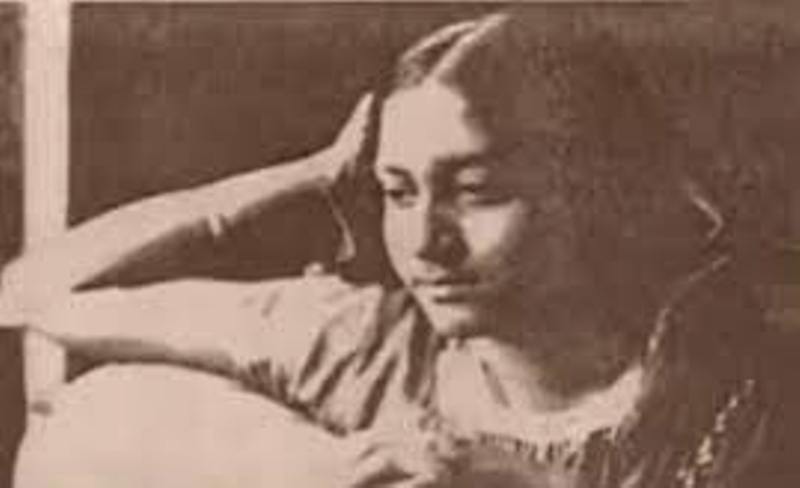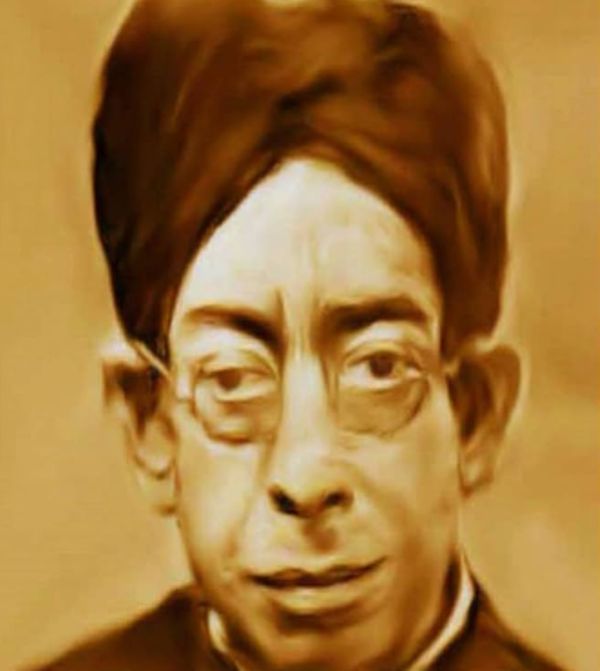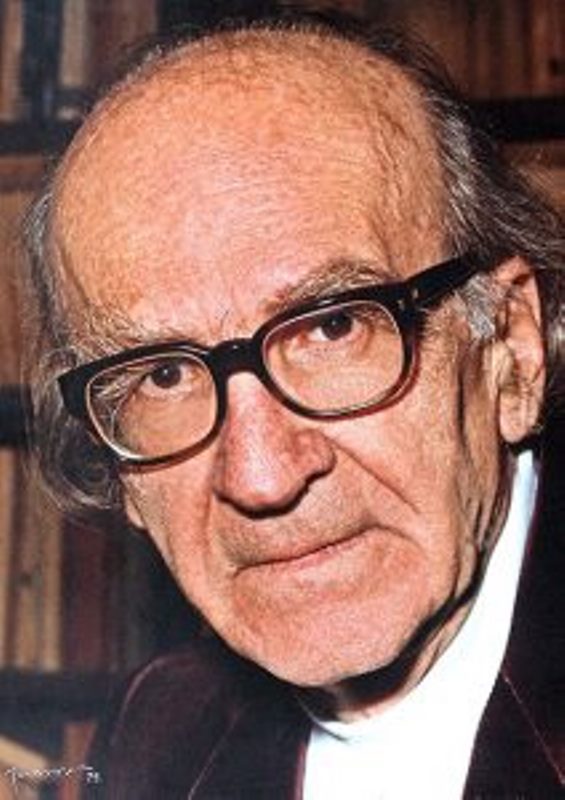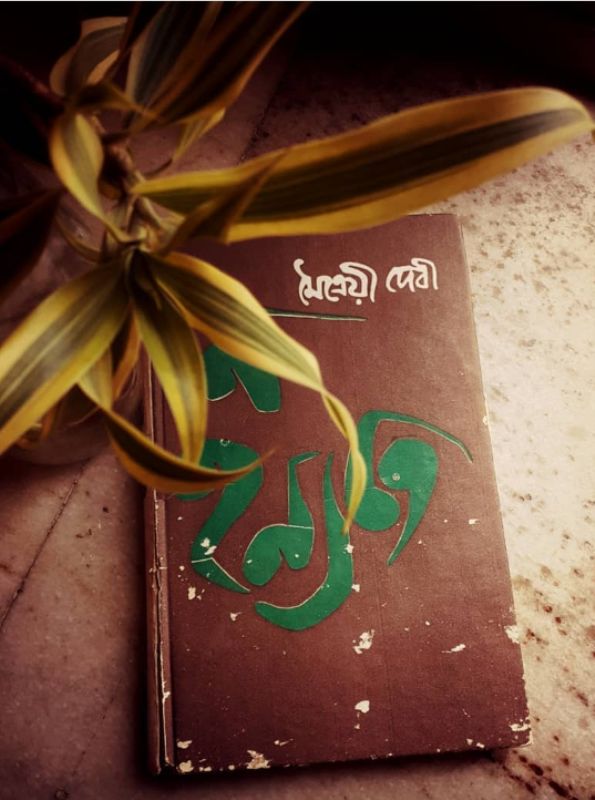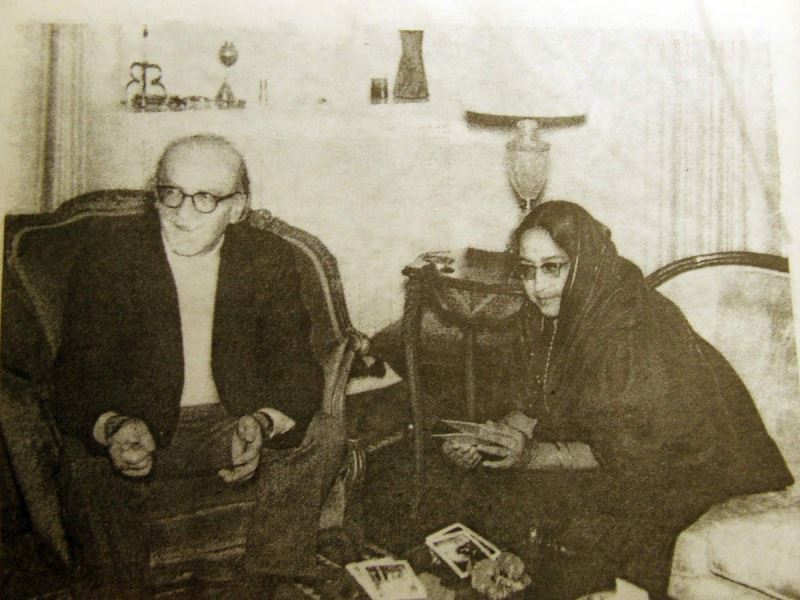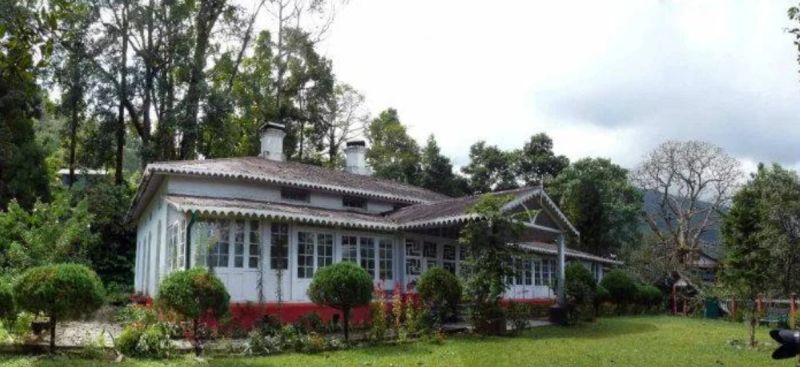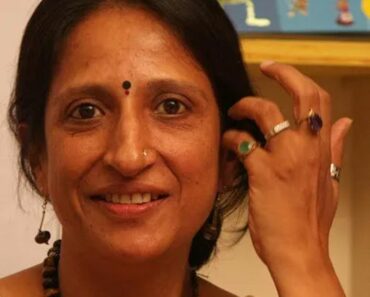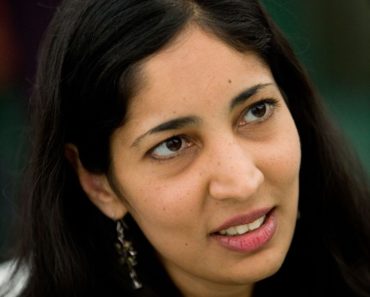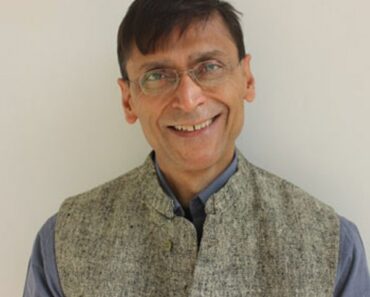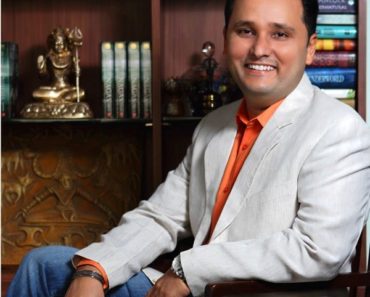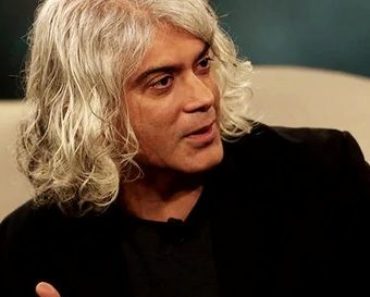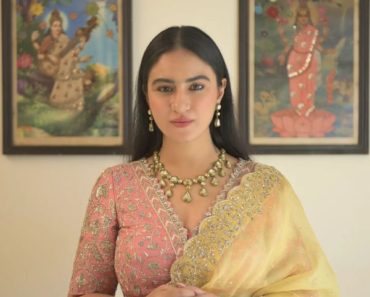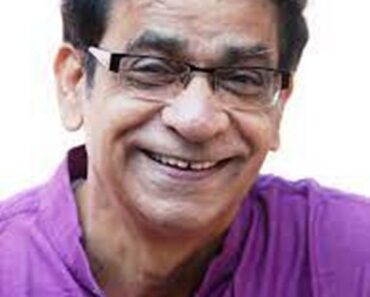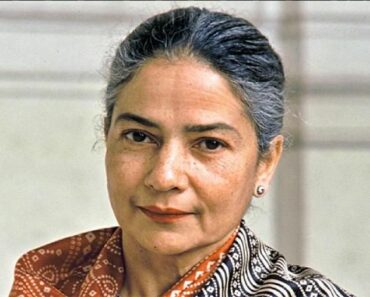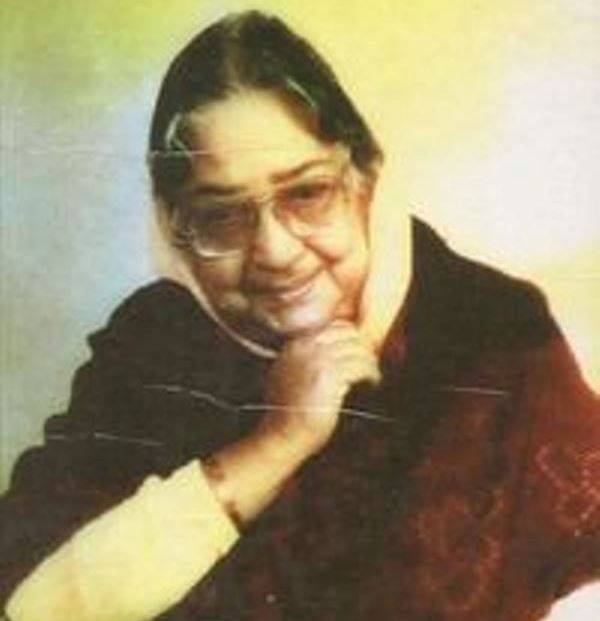 Maitreyi Devi was an eminent Indian poet and novelist from Bengal, who reached the peak of fame in the late twentieth century for her Bengali autobiographical novel ‘Na Hanyate’ (It Does Not Die: A Romance) for which she won the Sahitya Akademi Award. She died on 29 January 1989.
Maitreyi Devi was an eminent Indian poet and novelist from Bengal, who reached the peak of fame in the late twentieth century for her Bengali autobiographical novel ‘Na Hanyate’ (It Does Not Die: A Romance) for which she won the Sahitya Akademi Award. She died on 29 January 1989.
Contents
Wiki/Biography
Maitreyi Devi was born on Tuesday, 10 September 1914 (age 74 years; at the time of death) in Chittagong, Bengal Presidency, British India (now Chattogram in Bangladesh). Her zodiac sign is Virgo. She grew up in Kolkata, where she was raised by Vaidya parents. Her love for literature was instilled by her father.
She did her schooling at St. John’s Diocesan Girls’ Higher Secondary School, Calcutta (now Kolkata) and pursued her graduation at the Jogamaya Devi College, University of Calcutta in Kolkata. Maitreyi was a student and disciple of Rabindranath Tagore, and her first book of poetry’s preface was written by him. This was published in 1930 when she was 16 years old.
Family & Caste
Maitreyi Devi belonged to a Vaidya family in Bengal. Vaidya or Baidya is a caste of Ayurvedic physicians who are identified as the Hindu community settled in Bengal.
Parents & Siblings
Her father, Surendranath Dasgupta, was an Indian Sanskrit and Philosophy scholar. Her mother, Himani Madhuri Rai, was the sister of Indian actor and director Himanshu Rai, the founder of Bombay Talkies movie studios.
Maitreyi had 5 siblings, 2 sisters, and 3 brothers. Chitrita Devi (Gupta) (1919- 2006), Sumitra Majumdar (died in 2008), Subhayu Dasgupta, Sugata Dasgupta, and Prof. Subhachari Dasgupta. Chitrita Devi was also a writer, while all others served as valuable nation-builders.
Husband & Children
Maitreyi Devi was married to Dr. Manmohan Sen, a noted scientist, in 1934 and had two children. Her daughter, Madhusree Dasgupta, has a degree in philosophy and founded a school called Dolna.
Relationships/Affairs
Maitreyi Devi had an affair with a Romanian man, Mircea Eliade. He was invited by her father, whom she met when she was 16 years old. Eliade was 23 years old at that time. Upon knowing about their intimate relationship, Maitreyi’s father, Surendranath Dasgupta, asked Eliade to leave and never contact with Maitreyi in future; however, even without knowing about each other’s whereabouts, Maitreyi Devi accidentally met him again in Chicago when she happened to be there to deliver a lecture in the same university where Mircea was a professor. This rekindled their relationship.
Signature/Autograph
Career
Writer
Maitreyi Devi’s most famous work is ‘Na Hanyate or It Does Not Die: A Romance.’ It was published in 1974 as a response to Mircea Eliade’s story ‘Maitreyi,’ which was published in 1933 but caught Maitreyi Devi’s attention in the 1970s. This semi-autobiographical book talks about the romantic relationship between Mircea and Maitreyi Devi during Eliade’s visit to India. Originally written in Bengali, it has been translated into various languages like French, Spanish, German, and Romanian. It got Maitreyi Devi the Sahitya Akedemi Award in 1976.
Maitreyi felt that Eliade’s version of their affair was exaggerated and sensationalized, holding less truth. In 1994, ‘It Does Not Die’ and ‘Bengal Nights’ were republished as companion volumes by the University of Chicago Press.
Other Works
Maitreyi Devi has written many books and poems in Bengali language. The other two notable ones are:
- Mongpute Rabindranath (Tagore by The Fireside) (1961)
- Rabindranath—The Man Behind His Poetry (1973)
Controversies
Many controversies were sparked about the rekindling of a romantic affair between Mircea Eliade and Maitreyi Devi after Eliade’s novel ‘ Maitreyi’ (also famous by its French title ‘La Nuit Bengali’) and its response story by Maitreyi Devi in her book, Na Hanyate were written. Written 40 years apart timelines, these books raised debates about whether their relationship was sexual or not.
Awards
- Awarded a medal by the Indian Writers’ Association for ‘Na Hanyate’ (1975)
- Awarded the Sahitya Akademi Award (1976)
Death
Maitreyi Devi died on 29 January 1989.
Facts/Trivia
- She is the most famous Indian woman in Romania for being the main character of ‘La Nuit Bengali.’
- Rabindranath Tagore stayed at Maitreyi Devi’s house in Mungpu near Kalimpong, which was allotted to her husband. This house later became the Rabindra Bhavan (a museum). Here, Tagore wrote his famous poem ‘Janamdin.’ Maitreyi recorded this stay in a memoir titled ‘Mongpute Rabindranath.’
- An adaptation of Bengal Nights was developed into a film titled ‘The Bengali Night,’ starring Hugh Grant and Supriya Pathak, in 1988. Maitreyi Devi challenged the film, insisting that the name of the character Maitreyi should be changed to Gayatri, delaying the movie’s production.
- She was also a good singer. In 1932, she recorded the song ‘Madhukale El Holi’ with lyrics and music by Atul Prasad Sen.
- Maitreyi Devi is also remembered as a social worker. She started an organization named Khelaghar for the orphans of refugee camps.
- She was fond of agriculture, fish farming, sheep farming, cow farming, and poultry farming.
- The book ‘ Maitreyi’ is known by many names as it has many different language adaptations. The most famous one is its French adaptation titled ‘ La Nuit Bengali.’ Its English adaptation is titled as ‘Bengali Nights.’
- She founded the Council for the Promotion of Communal Harmony (1964)
- Maitreyi Devi became the Vice-President of the All-India Women’s Coordinating Council

